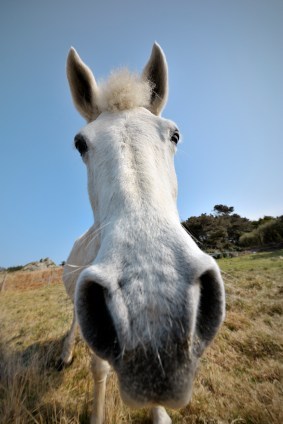
The pandemic’s been tough. The repercussions have focussed the minds of researchers Louise Byrne and Til Wykes[1]. Writing in the Journal of Mental Health (open access), they make the point that given the pandemic challenges, there has never been ‘a greater opportunity to stop pathologising the emotional experiences of human beings and start connecting over commonality, sharing stories and strategies to collectively work our way forward’.
In this insightful editorial, they look to the ‘lived experience community’ to find the answers to the ‘trauma-induced situation’ that we are all in together. Byrne and Wykes set out points that capture the relevance of lived experience and its challenges in mental health which are equally applicable in addictions.
- The prevalence of lived experience perspectives has grown
- Lived experience can contribute to systems transformation (I think one of the fears behind those who resist it)
- The established medical paradigm largely continues to resist the involvement of lived experience
- Lived experience means mental health challenges ‘have caused life as we knew it to change so significantly, we have to reimagine and redefine ourselves, our place in the world and our future plans’
There are powerful arguments for giving lived experience a collective voice because the group is stronger than the individual. This captures universal experiences of ‘marginalisation, loss of power, status/citizenship, employment, a stable home and relationships.’ Learning from those experiences can be passed on to others.
It’s not just about loss but also about regaining hope and understanding hope is essential in the context of recovery or healing
Other important points:
- Lived experience is a discipline and is becoming professionalised
- It can be difficult for those with lived experience to articulate their views due to ‘patient identity’ and a power imbalance
- Lived experience guidance can inform research making it more relevant to the people affected
Commonly researchers from traditional backgrounds don’t understand the mental health experience well enough to know how to approach participants or design questions that are relevant.
I echo this call to make research more relevant to those seeking treatment and support with mental health and substance use disorders. Their priorities can be different from those of academics.
The authors also raise a red flag over something I’ve head a lot lately: the expression ‘But don’t we all have lived experience?’ which they say is a way to ‘question the value, uniqueness, and need for designated lived experience roles.’ Also, they caution against muddying the waters by substituting professionals with lived experience into lived experience work (e.g., doctors, nurses, psychologists). I’ve usually found it best to keep one hat or the other on in these situations, though I think there are ways to blend the two roles without hiding a lived experience identity and keeping boundaries crisp.
Unfortunately, there is ambivalence around the point, pertinence and place of lived experience in treatment and other settings. At times this turns into resistance with one senior figure recently likening the emphasis on lived experience in substance use disorder treatment and policy to ‘fake news’. But methinks it’s too late to fasten the stable door: that particular horse has bolted, reached its holiday destination and is now sending back postcards, some of them prickly.
In Scotland, as elsewhere, advocacy and lobbying groups full of those with lived experience do not simply want an ear, they want a voice. They are calling for lived experience to be at the heart of decision making around policy, practice and research. The Drugs Policy Minister in the Scottish Government, Angela Constance, is certainly on board. Miss Constance said this week:
I will ensure that local panels of people with lived and living experience are involved in all local decision making, and that a national forum or collaborative is in place to better inform our national mission.
Will this translate into a paradigm shift, not just in practice, but in the area of recovery research? In their paper (which I heartily encourage you to read), Byrne and Wykes are not shy about the challenge:
Realising this potential will require a whole sector re-focus, including the willingness of funding bodies, academic institutions, journals and individuals to create space, challenge their existing worldview and collaborate meaningfully with authentic lived experience perspectives.
The lived experience horse has bolted, its gauntlet is down, my metaphors are mixed and change is coming. Will we embrace or resist it? Is lived experience impact all just ‘fake news’ or is it meaningful truth which saves and changes lives? I do hope it’s the latter.
Continue the discussion on Twitter: @DocDavidM
[1] Louise Byrne & Til Wykes (2020) A role for lived experience mental health leadership in the age of Covid-19, Journal of Mental Health, 29:3, 243-246, DOI: 10.1080/09638237.2020.1766002
